Trump’s ‘Expendables’ get a boost from coronavirus
As the world reels from Covid, the call for economic self-sufficiency has spread into the mainstream — and the Western middle class will benefit, says top economist.
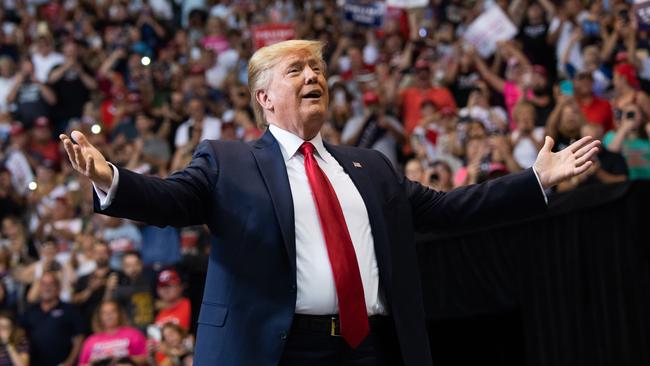
They were Donald Trump’s “expendables”, and Bernie Sanders’s too back in 2016, though neither gave that label to the middle-class Americans who missed out on the spoils of free trade and open borders.
That was left to Canadian economist Jeff Rubin, who at 65 and after decades working in investment banking and a market-forces think tank, argues the expendables not only missed out, but were “screwed” by globalisation.
Rubin is one of his country’s most respected economists, an oil and trade expert and author of three bestsellers: Why Your World is About to Get a Whole Lot Smaller, The End of Growth, and The Carbon Bubble.
His latest, The Expendables: How the Middle Class Got Screwed by Globalisation, lands as the world’s economies are reeling from COVID-19 and the public appetite for protectionism is huge.
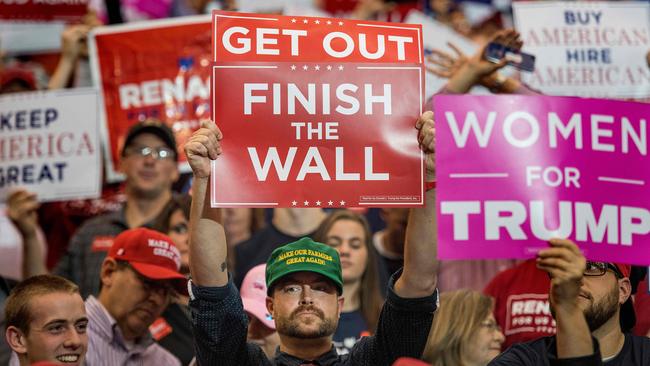
As a baby boomer, Rubin has lived through the era of tariffs and tight borders; followed by the free-trade rounds of the 1990s and the golden age when globalisation could not be questioned; to the fracturing of the consensus around markets and outsourcing of production to the lowest bidder.
Now, as the former chief economist and strategist at Canadian investment bank CIBC World Markets and more recently a senior fellow at Canadian think tank the Centre for International Governance Innovation says: “In what seems like the blink of an eye, the call for economic self-sufficiency has leapt from the populist agenda to mainstream thinking.”
In other words, local sourcing is the new black thanks to COVID’s disruption of global supply chains and a US president who laid the groundwork for an about-turn on a globalisation project that for decades has been seen as “not only beneficial but inevitable”.
On Zoom from his home in Toronto Rubin says: “When you need a mask or a ventilator the whole idea of international division of labour and comparative advantage (fundamental ideas behind globalisation) doesn’t mean that much.
“If you want a mask or a ventilator you need to produce it (in your own country) not in some factory that you think you own in China which has just been commandeered and someone from the Chinese government is determining where those masks and ventilators can be sent and not sent.”
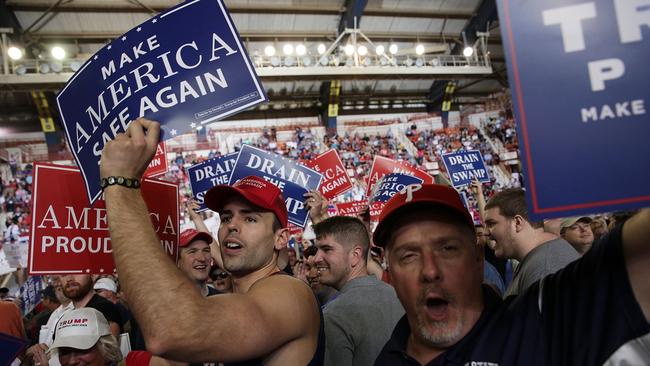
COVID has been a game-changer but: “I think we have to give the Donald a little credit here. He has moved the goalposts and even if Sleepy Joe wins the election, it’s not back to the good old days of free trade with China and let’s have everything produced over there.
“The political consensus has moved. The world has changed and I think those changes will outlive whether Trump is re-elected.”
No matter what, our love affair with open borders is over and in the next few years we will have lower levels of international trade, lower levels of international capital flows, and increased manufacturing in places such as Britain, the US, Canada and Australia and western Europe.
Rubin is almost gleeful at the prospect of local sourcing because it’s great news for that “screwed” middle class: it means local wages, which means higher wages.
“Every economist will tell you that free trade maximises GDP,” says Rubin.
“My point is that in the last 50 years, GDP has done really well but real wages haven’t grown. ‘So why do I care about GDP’ is the question a lot of the expendables were asking. Politically, that was either a vote for Bernie Sanders or a vote for Donald Trump or a vote for Brexit.
“It’s not that I am claiming they (economists) are wrong, it’s not that I am denying that if you want to maximise GDP you will want free trade. The point that I am posing is why do we care about GDP when 90 per cent of the gains of GDP have gone to a very small strata of the population?”
The story is the same across Canada, Britain, the US and any OECD country where, until COVID-19, jobless rates were at their lowest for decades and wage rates were growing at about half the pace they were before the global financial crisis.
Writes Rubin: “The last decade has been a lost one for most workers, marking an unprecedented period of wage stagnation in the world’s developed economies. Your average American worker’s real wage packs basically the same purchasing power as it did more than 40 years ago.
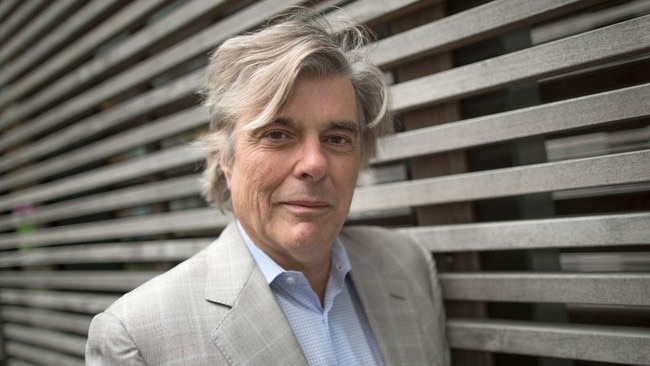
“GDP growth used to be inclusive, now it’s becoming increasingly exclusive … most of the gains are accruing to a very narrow slice of the population.
“In a nutshell, the average income is going up but no one earns the average income … per capita GDP tells us almost nothing about how most people in the economy are doing … today for the most part, GDP growth means the economy is pumping out a lot of low-paying jobs. While politicians still strut strong GDP growth numbers like a badge of honour, economic growth has become an abstraction for an increasing number of workers across the OECD.”
He denies protectionism crimps innovation.
“What is innovation?” he says. “Innovation is creating new technology that boosts economic growth — but again, why do I care? Often tech is used as an excuse to obviate what is going on. If you were to interview the CEOs (of major auto firms) they would say the loss of jobs is because of automation and robotics. But the fact is a plant in Mexico is as automated as a plant in Detroit. The difference is that those machines are operated by workers making between $2 and $4 an hour versus $20 to $30 an hour. Too often we hear about tech being the real culprit when it’s not technology at all but wage arbitrage.”
It’s clear why shareholders love free trade but Rubin asks whose interests politicians are serving when they back it in.
“Donald Trump, despite the fact that he’s a plutocrat, stood up for the interests of American workers,” he says.
“It’s the greatest irony, but on trade and migration he has betrayed the interests of his class.
“Neoclassical economics never denied that there would be losers from free trade. In theory the gains from free trade were to be redistributed so everyone would be better off, but in practice the reverse has happened because the very redistributive mechanisms needed are no longer tenable.
“If Australia … used any of the mechanisms within the tax transfer system to re-slice the pie to make sure the gains of GDP left everybody better off, they would immediately be condemned because capital and production would leave Australia to jurisdictions that don’t pursue the same policies.”
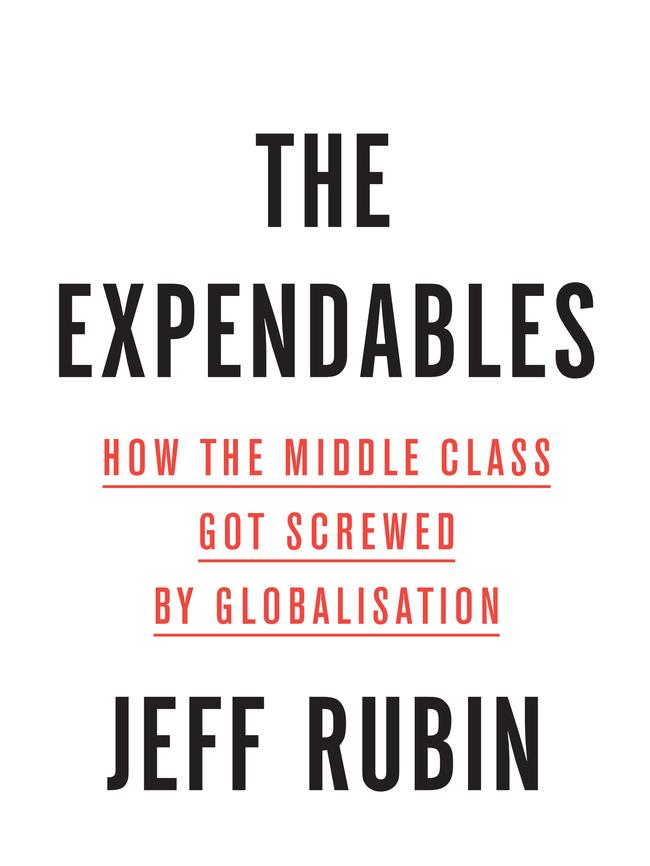
Rubin argues that throughout the post-war era, the middle class was a benchmark for measuring the American Dream: they mainly worked in the goods sector, making goods they consumed, and their taxes supported social security, health, education and other services.
“But as trade agreements pried open their home markets to a flood of low-wage imports, middle-class workers suddenly found themselves competing for jobs with workforces in developing countries who made a fraction of their wage,” he writes.
The top 20 per cent of households reaped significant income gains: “No wonder then that rich people support globalisation … It has made them a lot richer … everybody else’s income seems frozen in time.”
Indeed, the expendables were “shopping themselves out of their jobs by going to Walmart. They were buying things that they used to produce that were now being imported at a fraction of the cost.”
China may be the culprit in all this, but Rubin reminds us that 20 years ago when the World Trade Organisation was riding high and was almost ideologically untouchable, no one worried about China joining the free-trade world.
“Back then no one in the G7 even considered the possibility that China might one day become an economic threat,” Rubin writes. “Nor did anyone expect that billions of dollars of investment would pour into China, turning what used to be a backward agrarian economy into an export platform for the world’s manufacturing industries.”
His book, as he says, is a “long odyssey” that starts with the repeal of the Corn Laws in Britain in the middle of the 19th century.
“What struck me was the sense of deja vu, that we have been here before,” he says. “The golden age of globalisation (1870 to 1914) has many of the same characteristics of today, which raises the question of whether globalisation is itself cyclical, that it contains the seeds of its own destruction. Certainly inequality was a major factor in the collapse of the first round of globalisation and I suspect that it may play a similar role today.”
The 2020 pandemic will pass but our fear of viruses will linger and will force a substantial economic restructuring around local sourcing “no matter the wage costs”.
Only yesterday, it seems, we could not mention the costs and risks of global supply, but “today’s global supply chains must contend with a far more lethal opponent than the most protectionist president in post-war history … it looks more and more like the tipping point for globalisation.”
That holds for whoever wins the US presidential election, but Rubin — who as a Canadian does not have a vote — says that it will still be better for the expendables if Trump wins.
“Absolutely,” he says. “I mean, it would have been just as good if not better if Bernie Sanders (were standing).”
In 2016 “both of those dudes, even though on different ends of the political spectrum, were saying the same thing on trade and migration. If you look at wage growth in the US and look at the return of manufacturing jobs, Trump has been good for the expendables.”



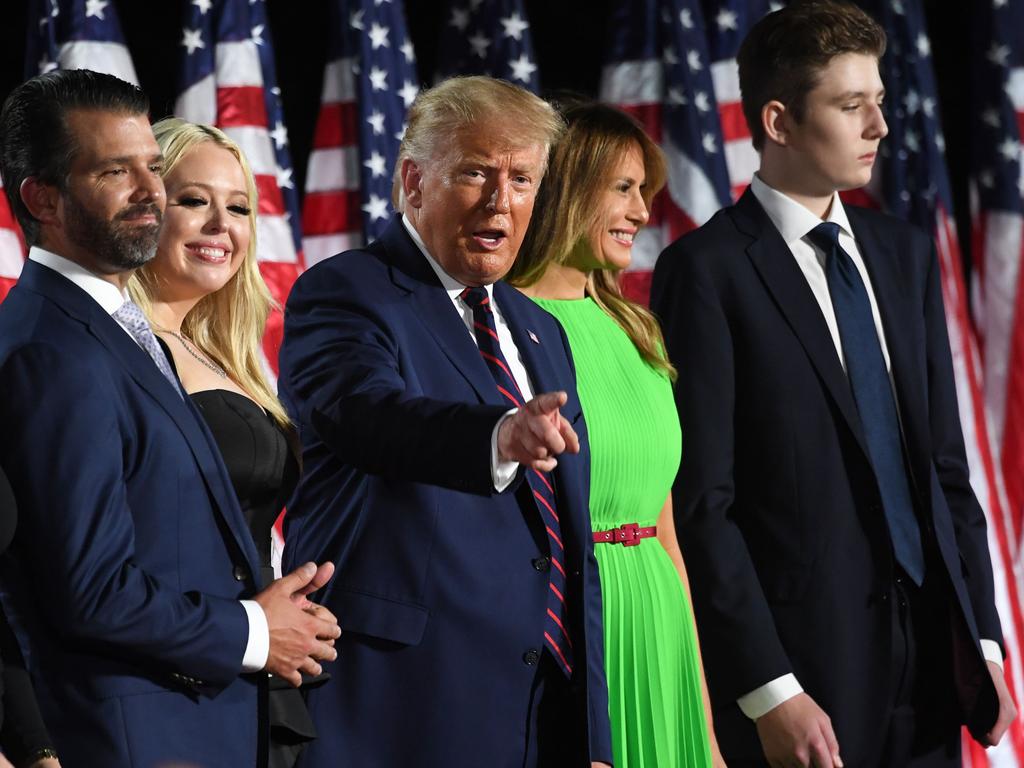

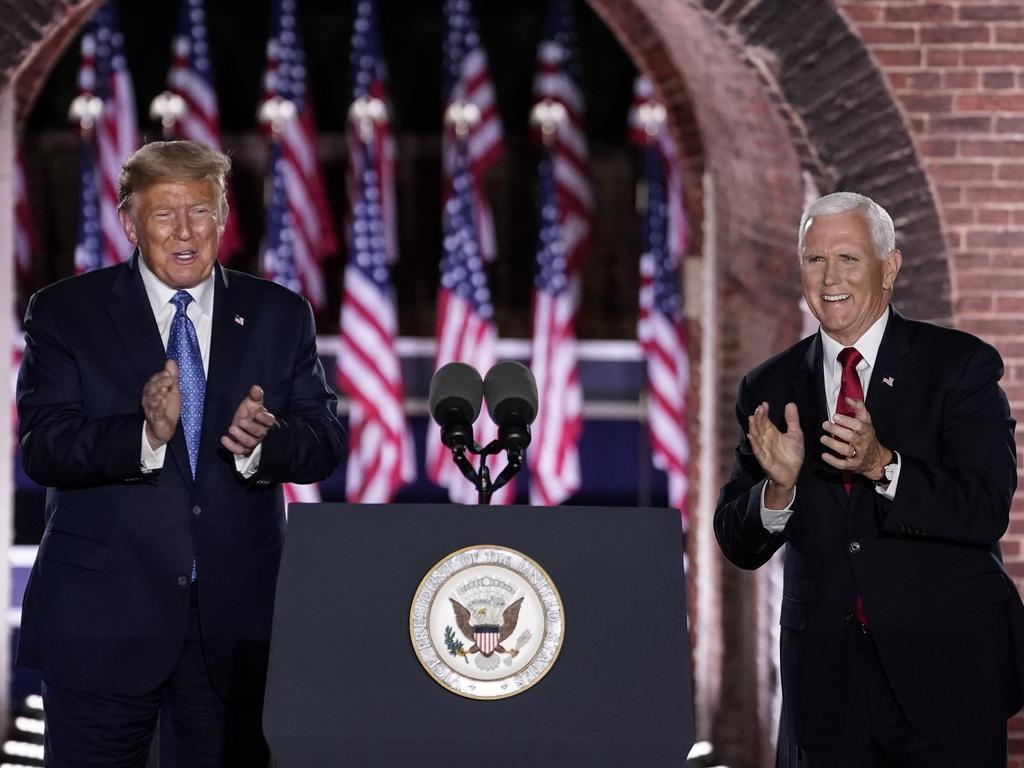
To join the conversation, please log in. Don't have an account? Register
Join the conversation, you are commenting as Logout